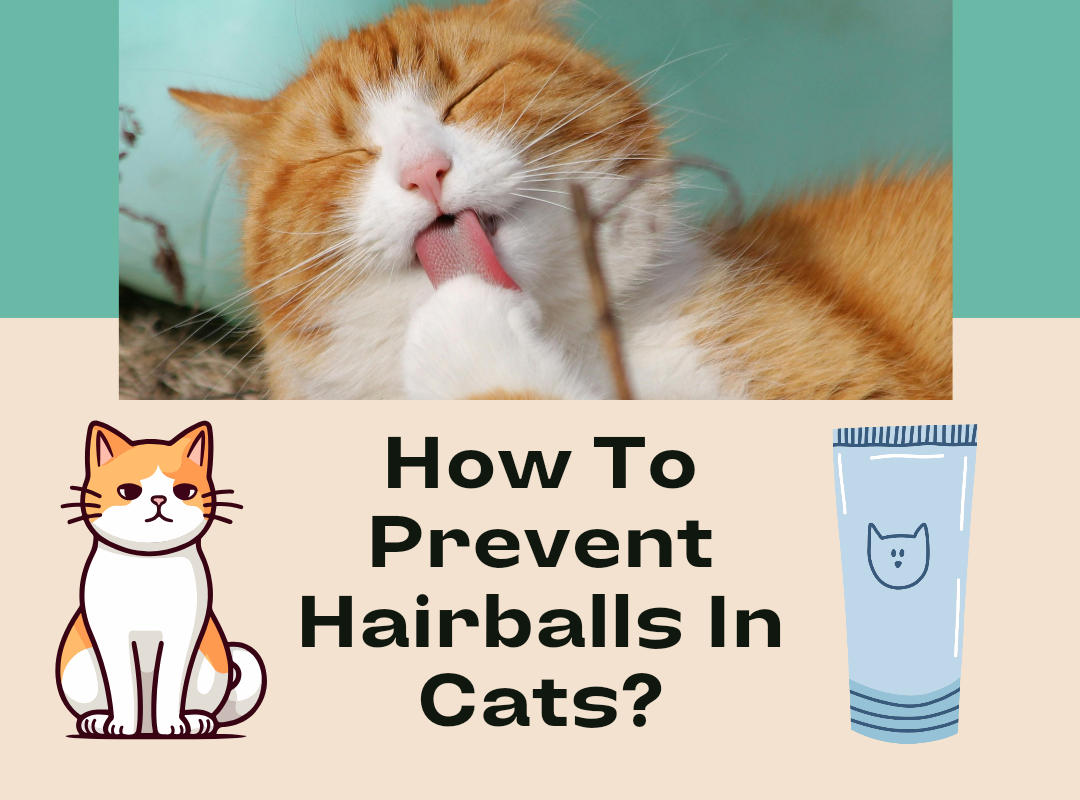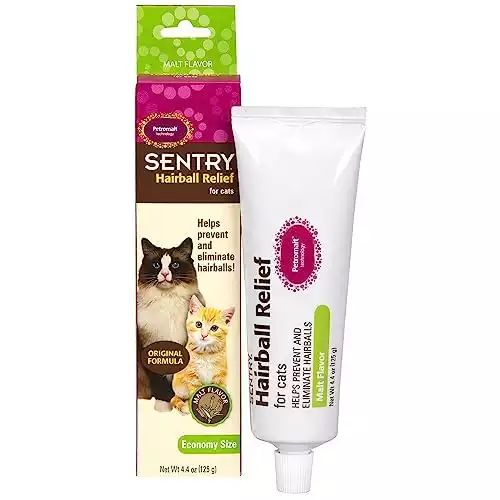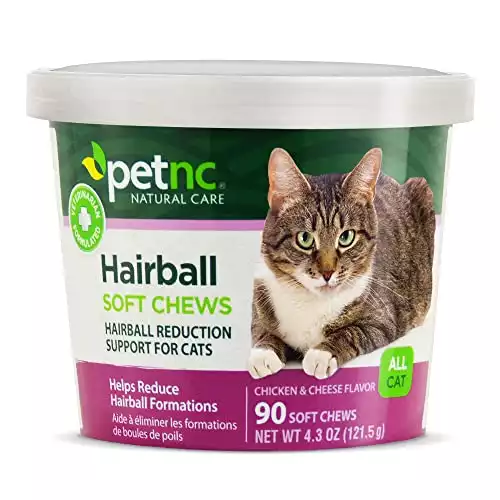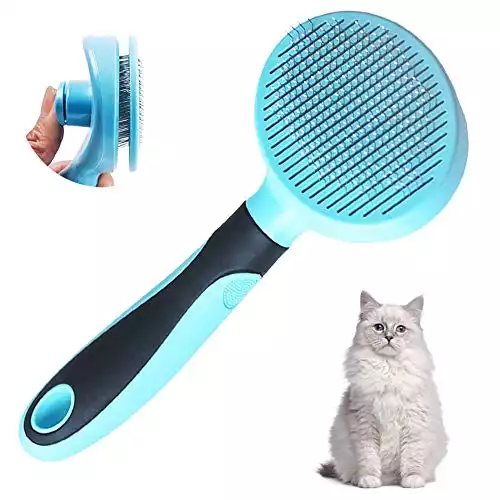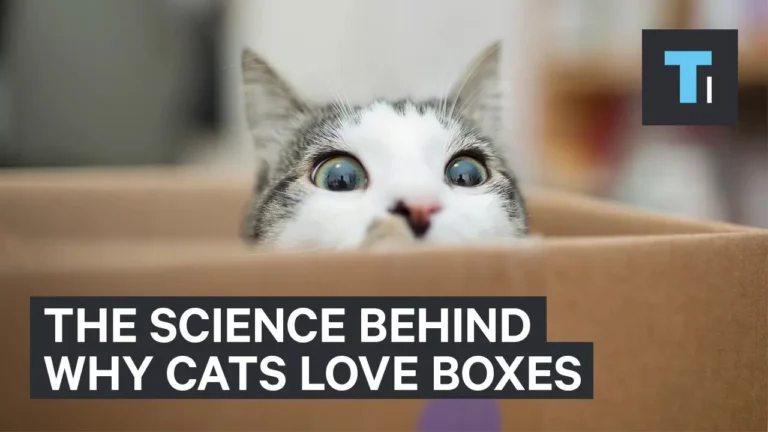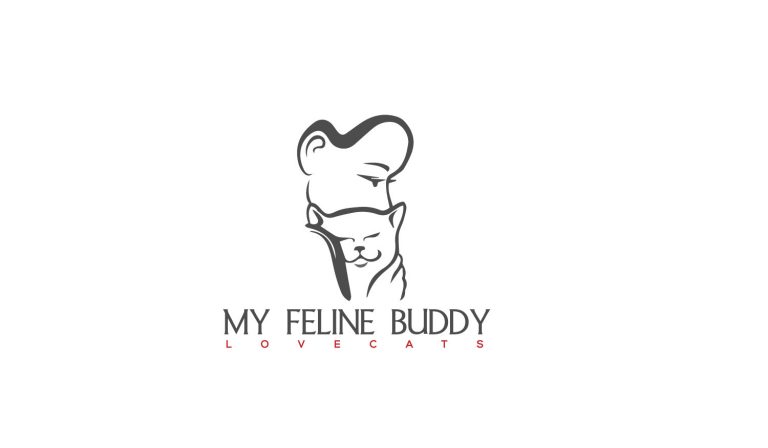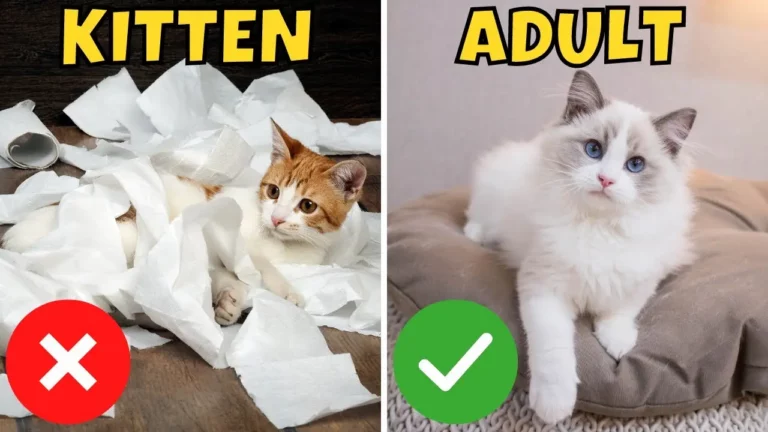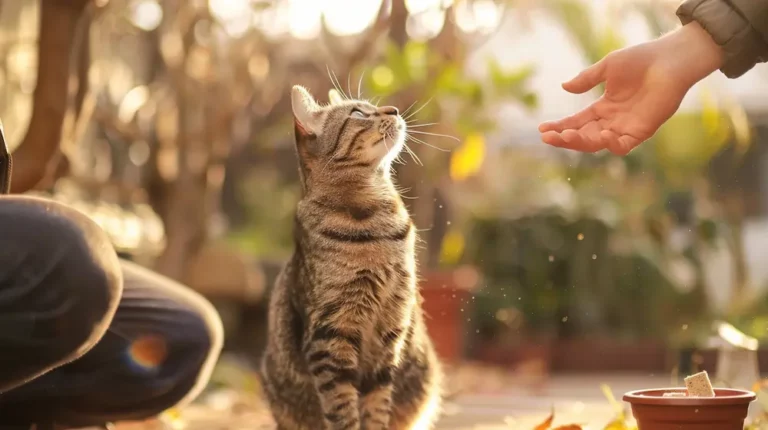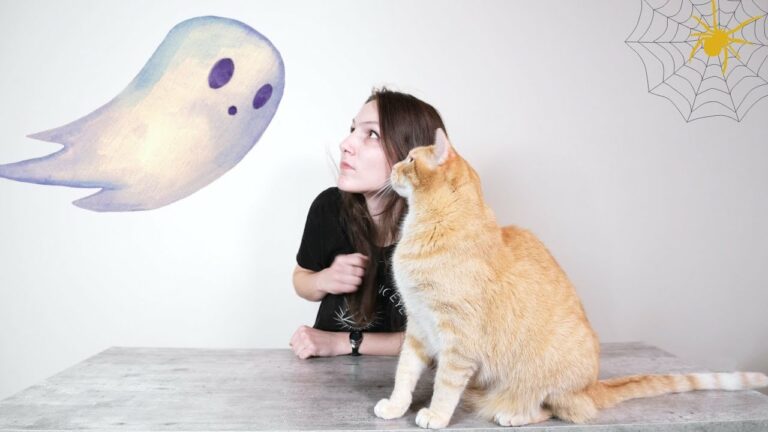How to Prevent Hairballs in Cats
Hairballs in cats are an extremely common problem that many
In this post, we’ll look at how to get rid of hairballs in cats, what preventing hairballs in cats entails, and we’ll also look at some frequently asked questions about
Hairballs in cats – Symptoms of blockage
There are several signs of hairballs in cats, but the typical one that you will notice consists of vomiting. My own
Gagging, coughing, and vomiting are the first signs you’ll notice in a
If a hairball causes an intestinal blockage (yes, that’s unfortunate but possible), the
So, in a nutshell, a
- Vomiting
- Coughing or gagging
- Lack of appetite
- Lethargy
- Weight loss
It’s also not uncommon for a
Therefore, most cats can have constipation or diarrhea if a hairball is partially blocking the passage of waste. If an obstruction is at the root of the problem, the
How to treat hairballs in cats
If you take your
Surgery is, of course, the last solution on the table, but it should be considered if the
Treatment for hairballs in cats at the vet clinic can set you back anywhere between 300 or 400 dollars if the
Natural remedies for hairballs in cats
If you suspect that your
- Feed your
cat specific hairball-preventioncat food and treats - Give your
cat a hairball gel - Feed your
cat a small amount of oil or butter
I would advise against giving your
As such, you might end up causing more problems than fixing the main one.
Prevent hairballs in cats with these methods
It’s quite likely that, if you have been a
Feeding your
If you have a long-hair breed, you should try to create a schedule and brush your pet’s fur as often as possible. As you know, cats have shedding periods throughout the year, and when spring comes along, you know you will deal with this problem.
Regularly grooming is the right way of going about things. Some say that
Frequently asked questions about hairballs in cats
What causes hairballs in cats?
Almost all cats develop hairballs at one point or the other, but there are some that are predisposed to it more than others. All long-hair breeds shed more, and they also end up swallowing a larger amount of hair when they groom.
If you have a Maine Coon, a Persian, or any other such breed, you should brush your
How to treat hairballs in cats naturally?
We’ve already discussed some natural remedies, but I’d like to remind you them:
- Oil or butter (in very small quantities)
- Hairball-specific food
- Hairball gels
- Take your
cat to a groomer to give her a haircut or during short time intervals, you can also groom yourcat with a grooming tool.
| Product Image | Product Name / Primary Rating / Price | Primary Button |
|---|---|---|
|
||
|
||
|
Hairball relief products are available in different forms, nowadays, including chews, for example. However, most pet parents find that hairball gels are easy to give to their feline companions if they apply them on their paws or on their noses – all cats want to be as clean as possible, after all, so they’ll lick the gel inadvertently.
What is not good for hairballs in cats?
Something that I would personally advise against would be to give your
There are some drugs that work in this case, such as drotaverine (which is an antispasmodic medication), but it comes with a series of side effects. If this is a chronic issue for your
